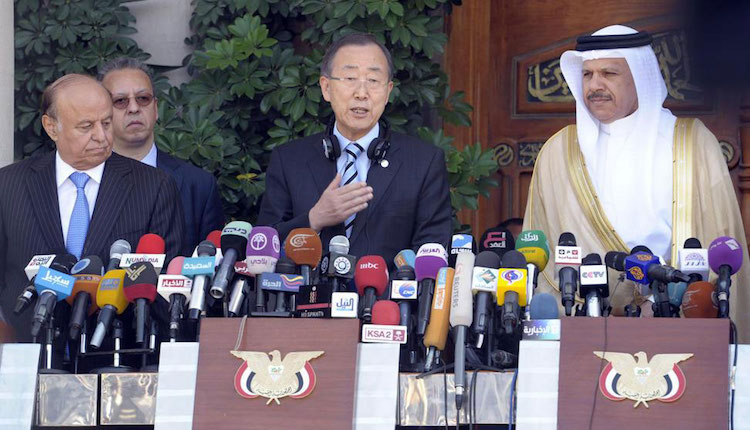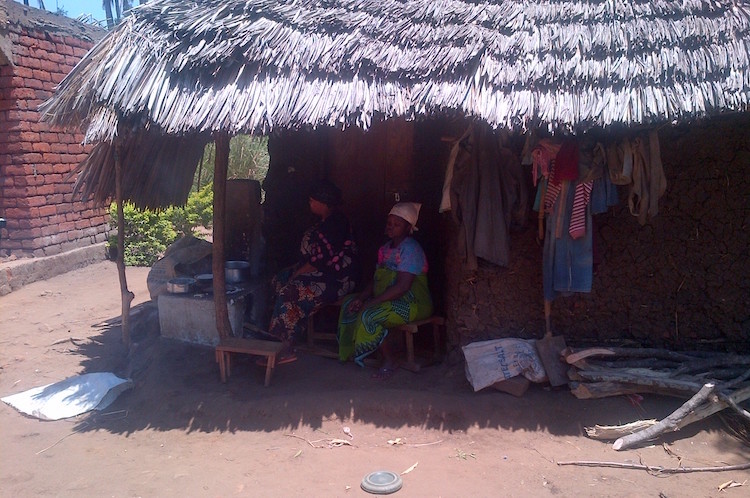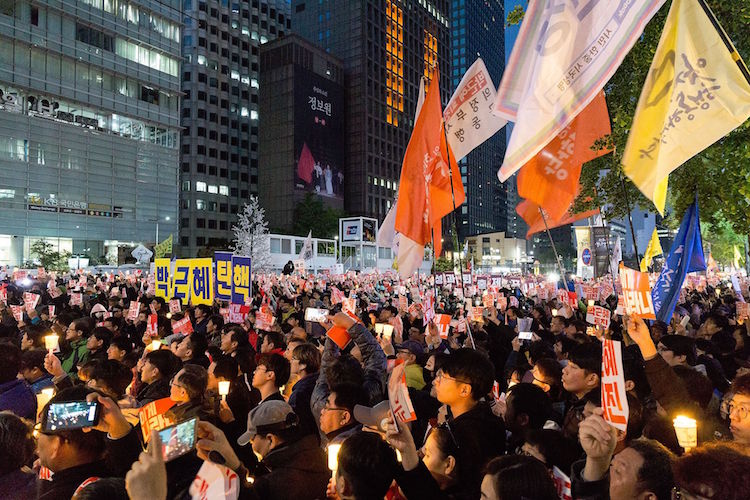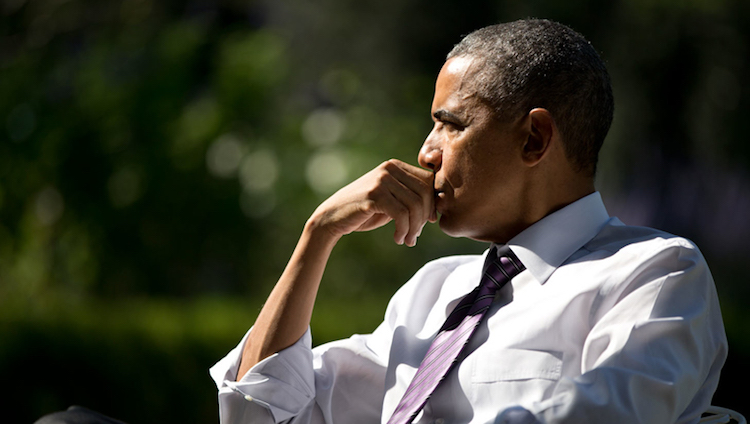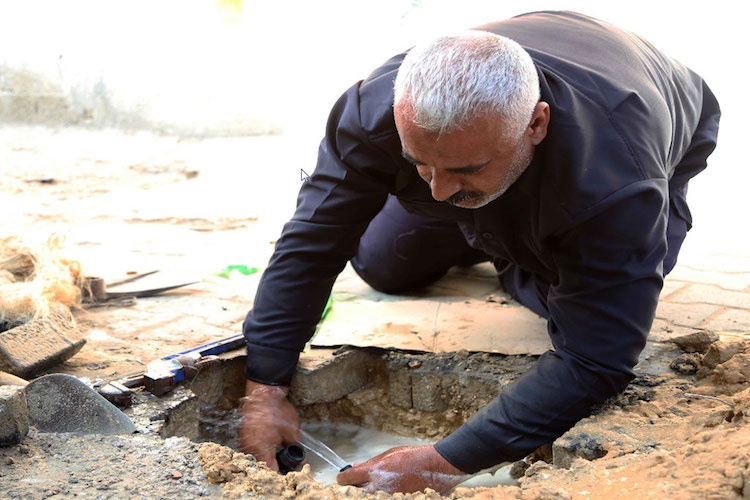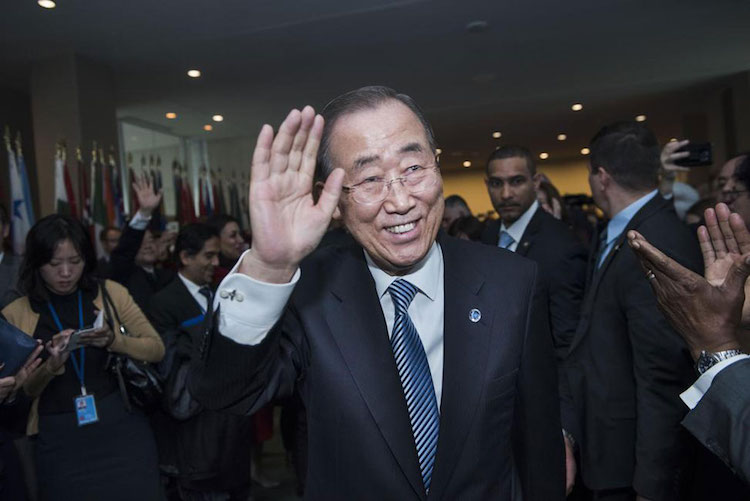By Rodney Reynolds
UNITED NATIONS (IDN) – When former Secretary-General Ban Ki-moon stepped down on December 31 after a 10-year tenure at the United Nations, he said his “deepest regret” was to leave office with “the continuing nightmare in Syria” where a six-year-old civil war has virtually devastated a country beyond physical recognition.
As Ambassador Marc-Andre Blanchard told a General Assembly December meeting that without action, Syria would soon become “a giant graveyard, as food supplies have been exhausted and families were eating grass and the little garbage left,” in order to survive.

